Helping you understand community association business with industry leading insight.
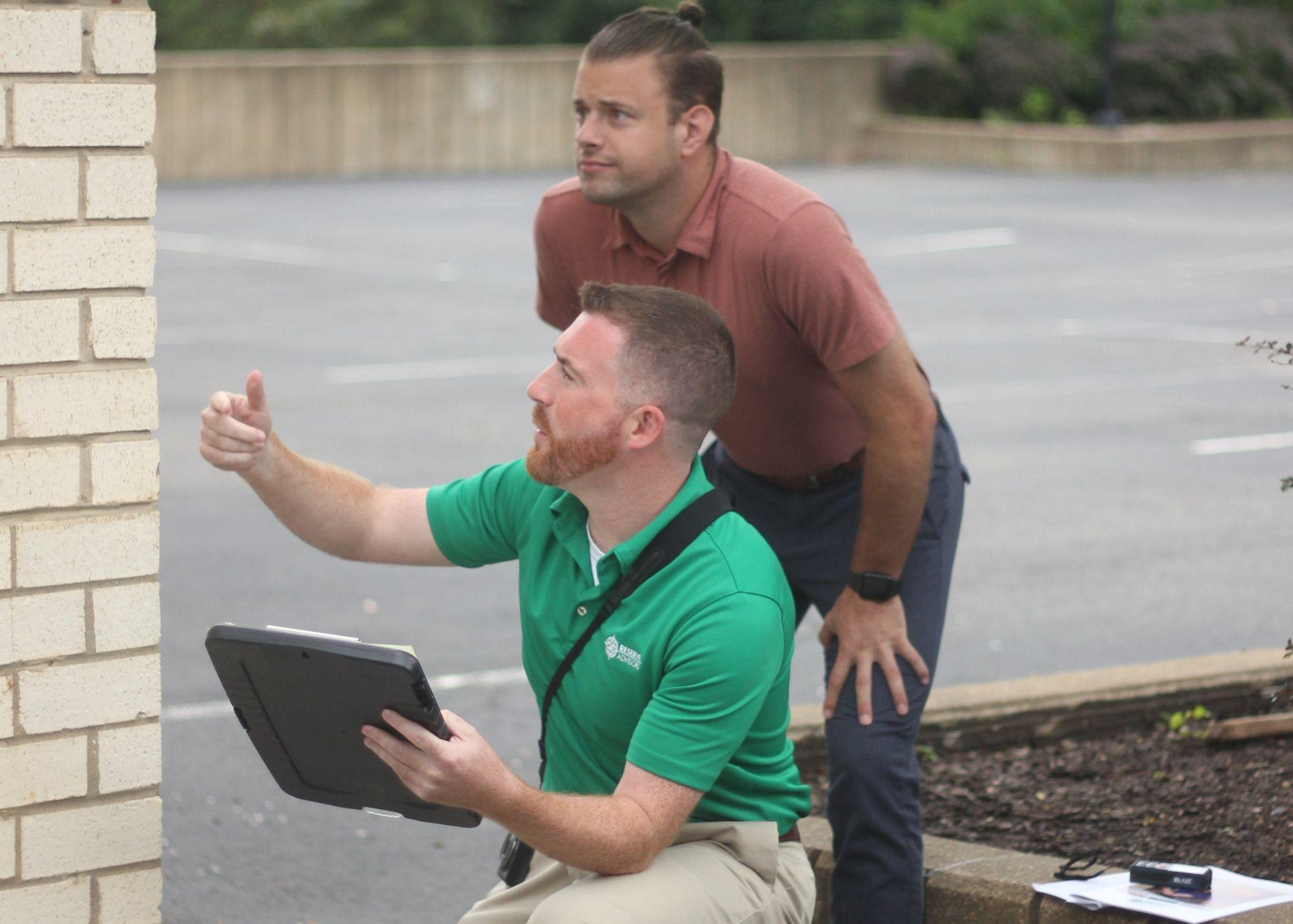
Reserve Studies – Does Your HOA Need One?
As awareness regarding reserve studies continues to grow, many associations that have not yet commissioned one are asking themselves, “do we need one?” While this question is easy to answer in states such as Florida and Maryland who recently put into place legislation requiring reserve studies, in states without a legal requirement, the question remains.
READ MORE
Protecting Community Infrastructure – Reserve Studies
This webinar addresses the critical topic of structural integrity and building safety for aging community associations, covering how to protect your community’s infrastructure through reserve studies and engineering services.
VIEW NOW
Florida Structural Integrity Reserve Study & Funding FAQ
Introduced and signed into law in 2022, Florida Senate Bill 4-D establishes requirements for structural integrity reserve studies and funding for condominiums and cooperatives.
READ MORE
Maryland Reserve Study Legislation: Frequently Asked Questions
Introduced and signed into law in 2022, Maryland House Bill 107 establishes statewide reserve study and funding requirements for condominium associations, cooperatives, and homeowners associations. Here are answers to the most common questions we receive about this new legislation!
READ MORE
Reserve Funding Strategies
Boards and managers who want to ensure adequate funds and avoid shortfalls (or at least get into a better financial position) should familiarize themselves with common reserve funding goals and the strategies to achieve them. As outlined in the National Reserve Study Standards (NRSS), four accepted funding goals are available to community associations.
READ MORE
Using A Reserve Study As A Budget Tool
With the budget season fast approaching, it’s time to seriously consider your association’s near and long-term financial needs, goals, and ultimately, its future. Capital planning is no easy feat, but having a continuous blueprint for the future is the key to a thriving community.
READ MORE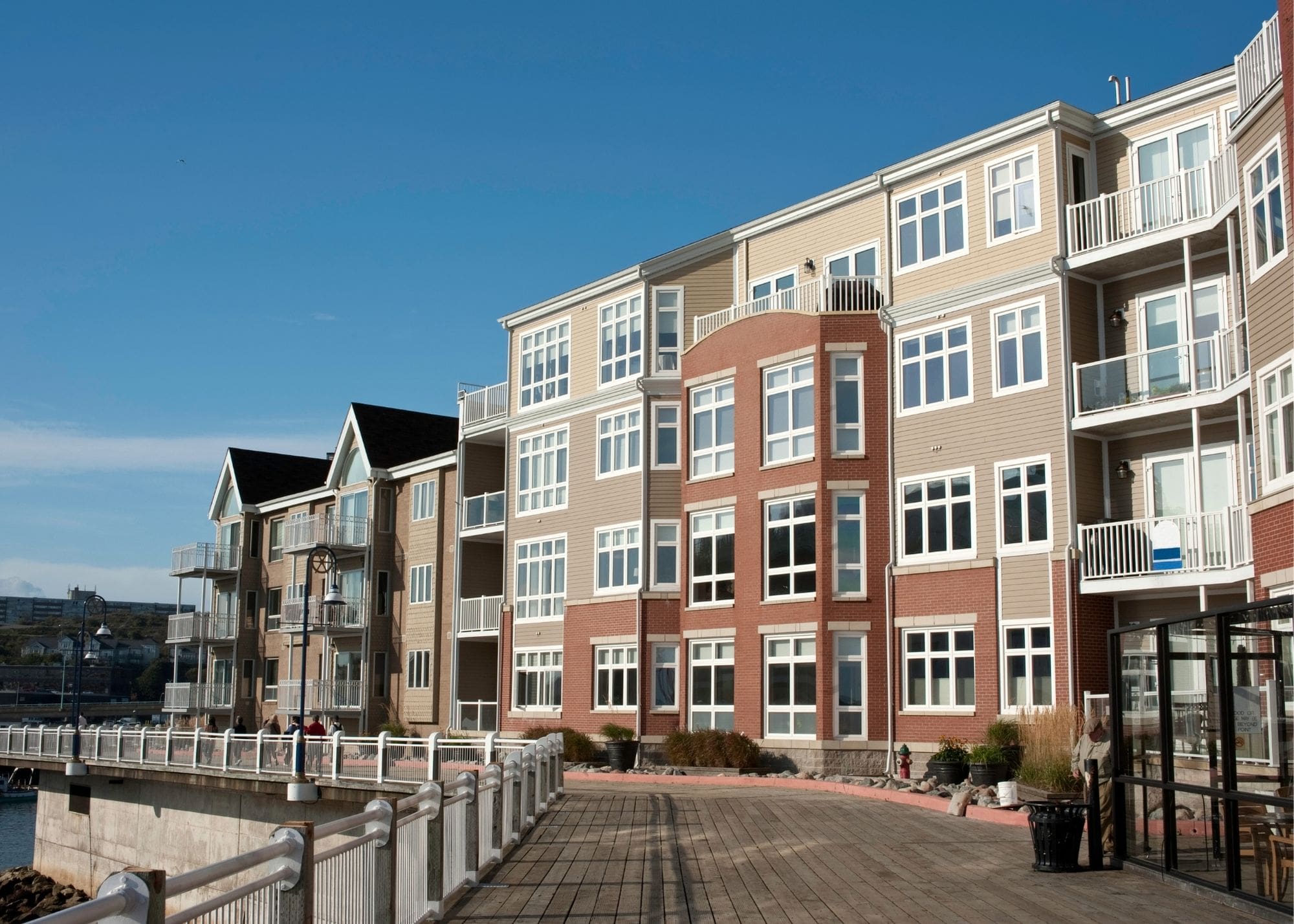
The Evolution of Reserve Studies
In 1960 in Salt Lake City, the first condo buildings in the U.S. were built. But it was prior to this, in 1947, that the concept of reserve funds was first born. First referred to as the Fire and Tornado Fund by insurance companies, early reserve funds were meant primarily for emergencies and disasters. However, it wasn’t until the late 1990s that uniform standards for reserve studies were established by the Community Associations Institute.
READ MORE
How Much Money Should Our HOA Have In Reserve Funds?
When it comes to reserve funds, a common question we hear is “how much money should our HOA have in reserves?” The truth of the matter is, it depends. Each association is unique in a variety of ways, so the answer to this question varies widely depending on the community, its components, and its wants and needs.
READ MORE
Electric Charging Stations in Community Associations
Is your community association considering going electric? In 2021, electric vehicles (EVs) accounted for only 3% of car sales worldwide. By 2040, it’s predicted that EVs will account for a whopping 58% of global passenger vehicle sales. As more Americans trade in gas-operated vehicles for electric vehicles, infrastructure needs are rapidly changing.
READ MORE
Inflation’s Effects On Community Associations
While inflation affects us all, it affects community associations and those who live there in unique ways. From something as little as a homeowner’s grocery bill to something as intensive as the cost of a roof replacement, the effects of inflation can be felt far and wide in association living.
READ MORE
Navigating Lending Challenges – Fannie Mae & Freddie Mac
This webinar provides expert insights into the recent changes in lending requirements impacting community associations, with a focus on the updated Fannie Mae and Freddie Mac guidelines.
VIEW NOW
Supply Chain Issues – Best Practices for Condo Insurance
This webinar addresses the impact of supply chain issues on condominium insurance and provides expert guidance on mitigating these challenges.
VIEW NOW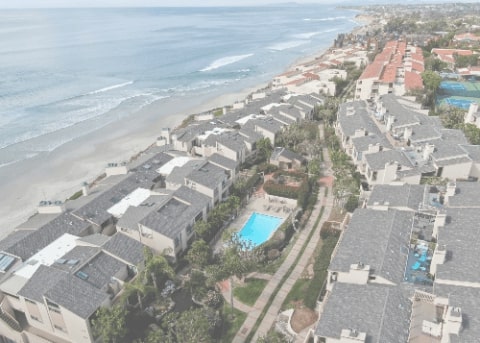
What Components are Included in a Reserve Study?
When it comes to a building or home, the entire structure is only as strong as its foundation. Similarly, when it comes to planning for your community’s future, the scope of work, or component inventory, serves as the foundation for a reserve study provider to conduct a thorough review of your property.
READ MORE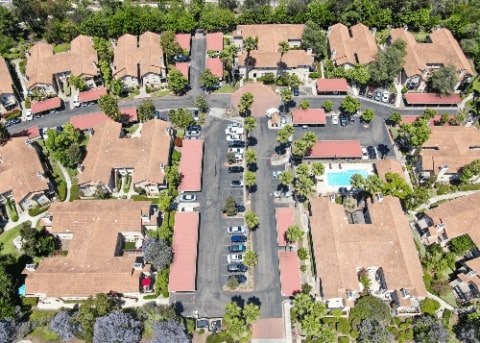
Classification of Property in Common Interest Communities
The classification of property helps assure that future boards understand whether reserves, the operating budget or homeowners fund certain repairs or replacements and also assists in preparing annual budgets. Furthermore, it helps establish an accurate scope of work when commissioning a reserve study.
READ MORE
Financial Capital Replacement Project Funding Options
When it comes to financing capital replacement projects, there are several funding options available to associations. Ideally, an association will have enough in reserves to complete the project in a timely manner, but there are other options accessible if this is not the case.
READ MORE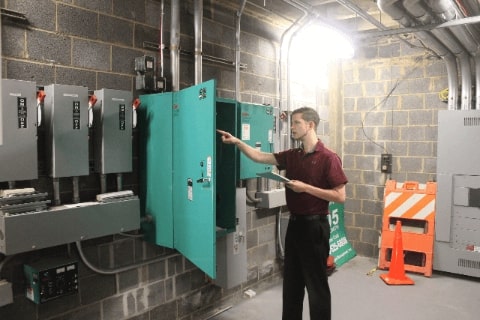
Levels of Reserve Studies
Reserve studies are a useful capital planning tool for any association, but in order for your reserve study to work best for your association, it’s crucial that you choose and implement the correct reserve study service. There are four levels of reserve studies as defined by the Community Associations Institute. It’s important to understand the scope of each and how they can contribute to your association’s long-term success.
READ MORE